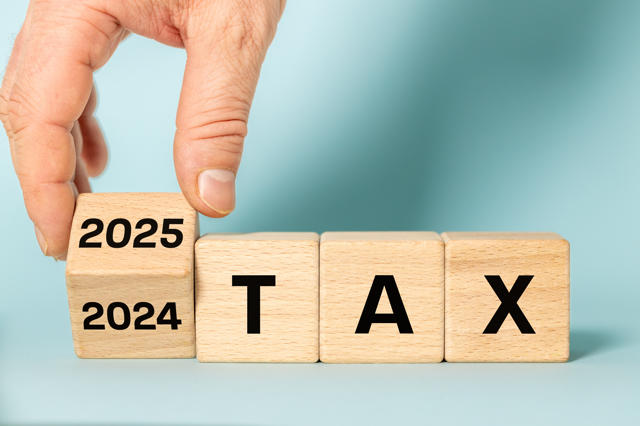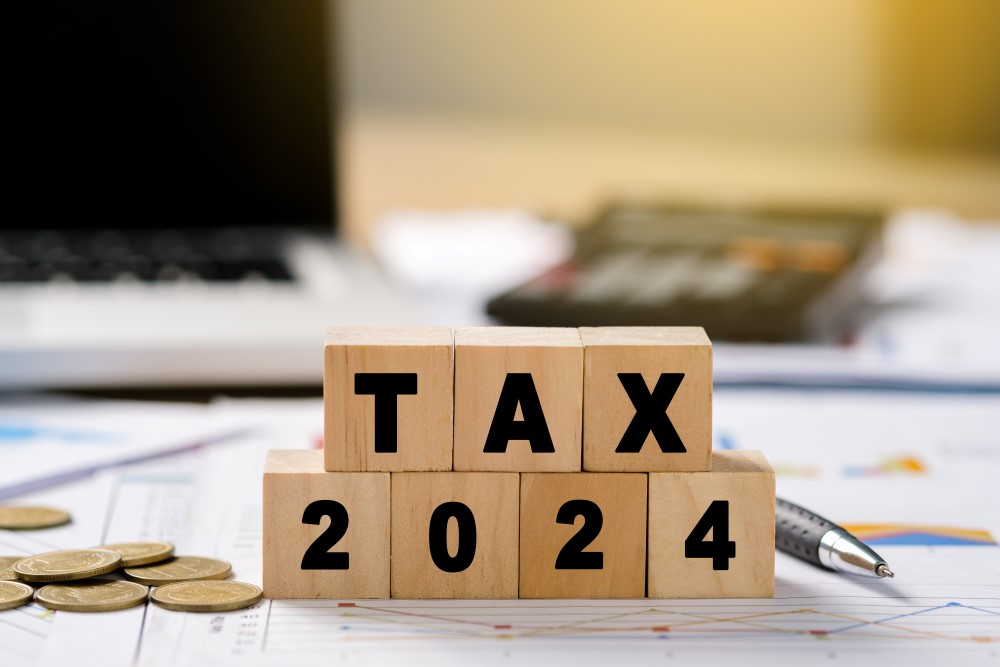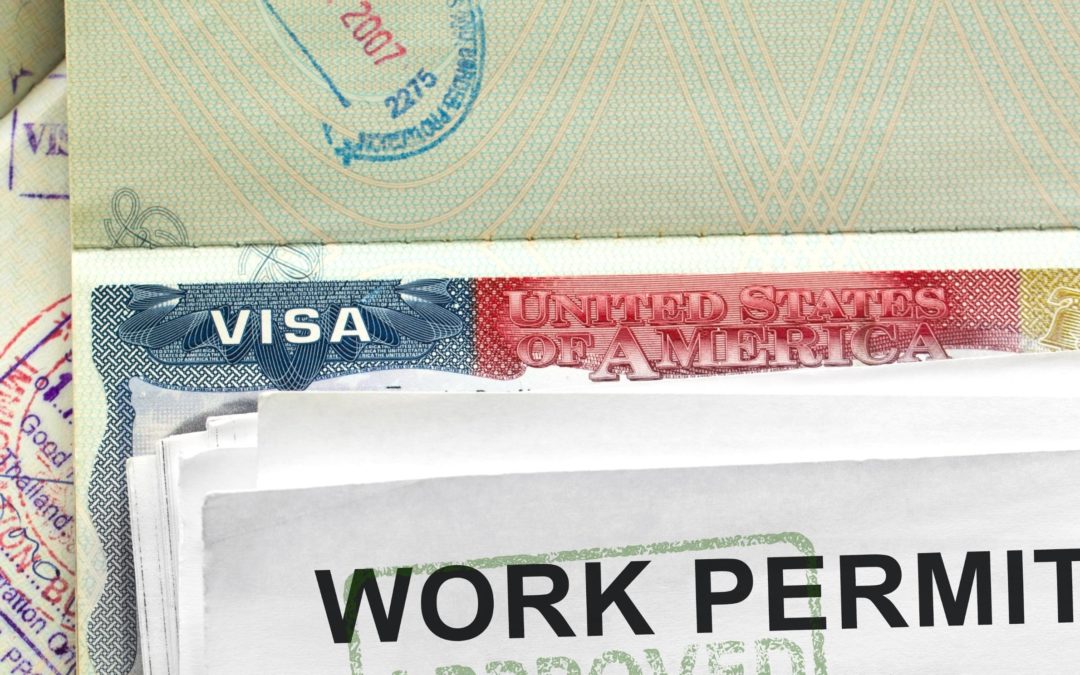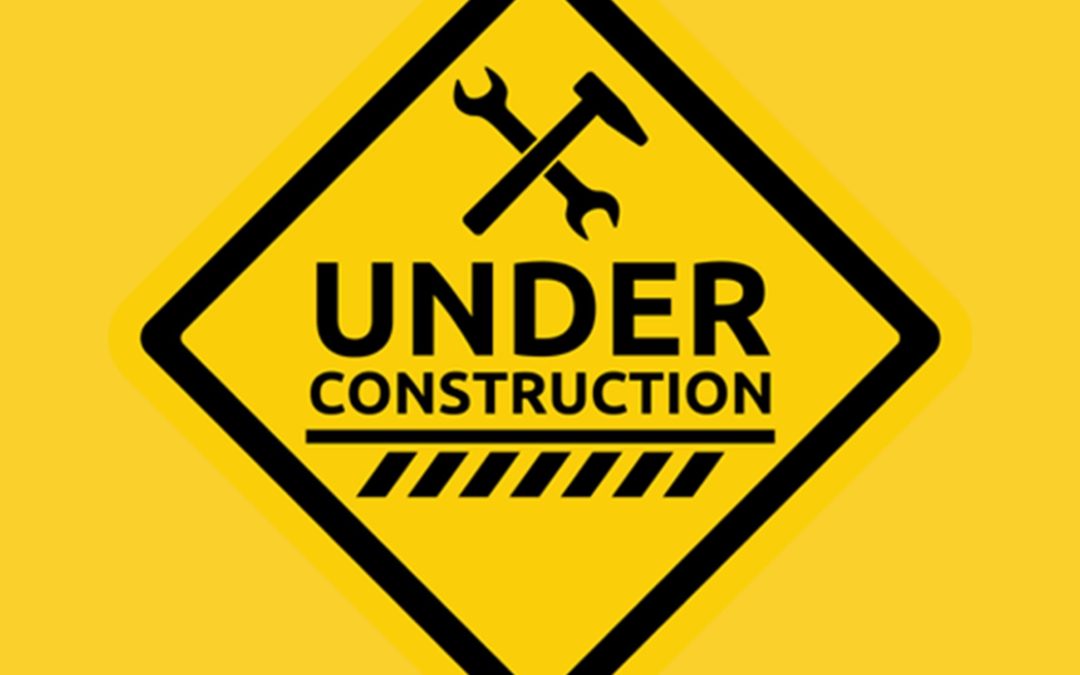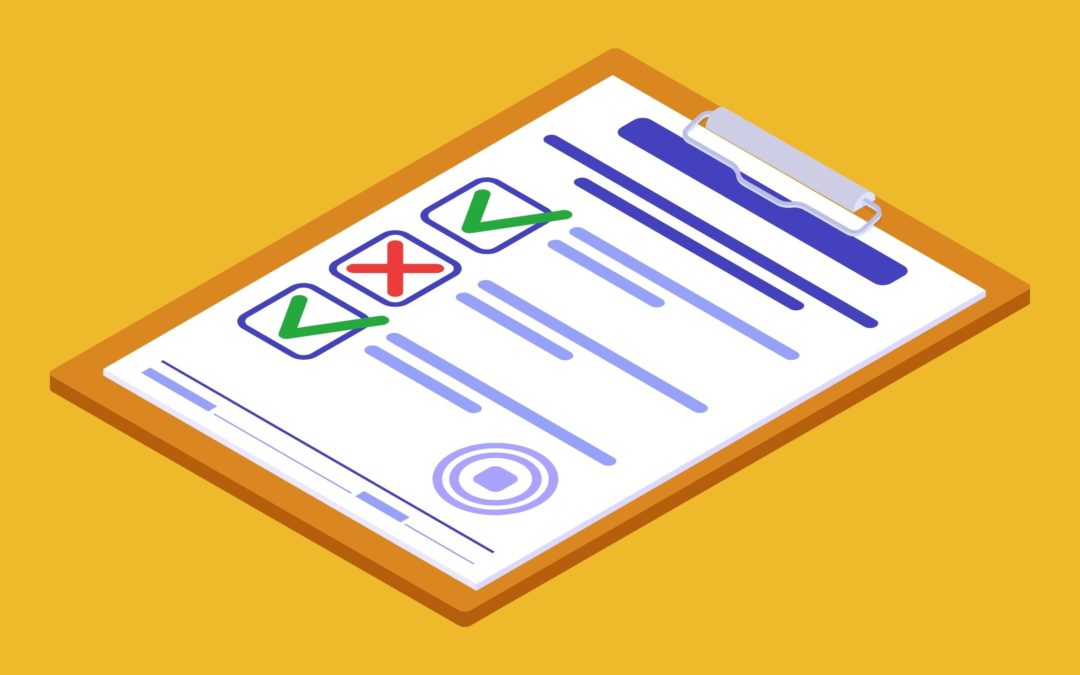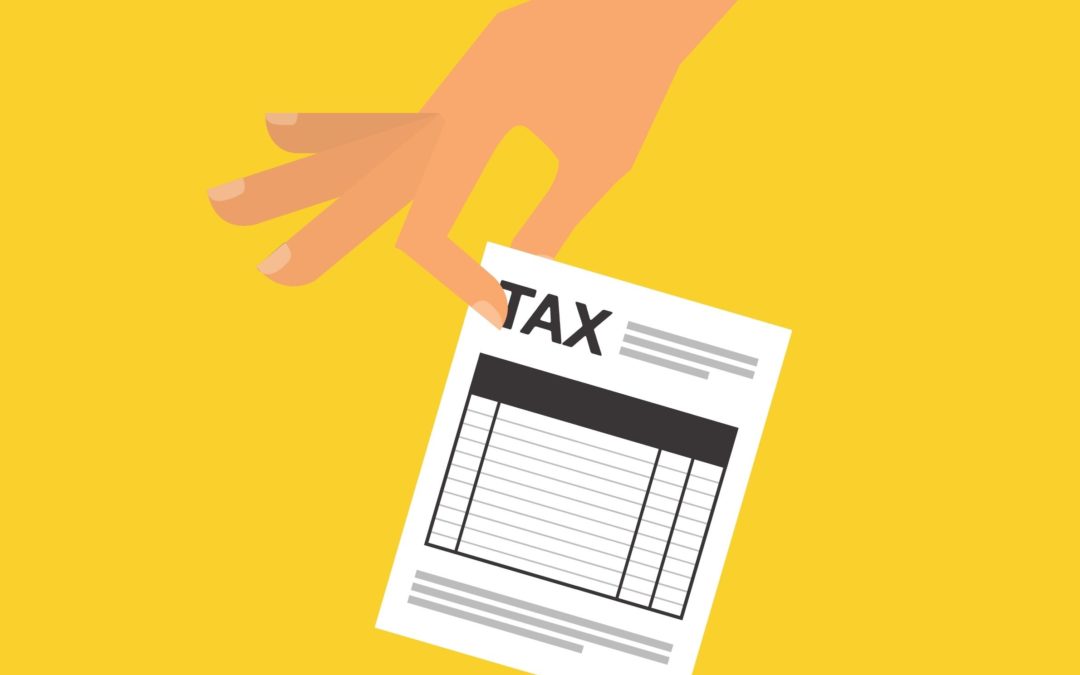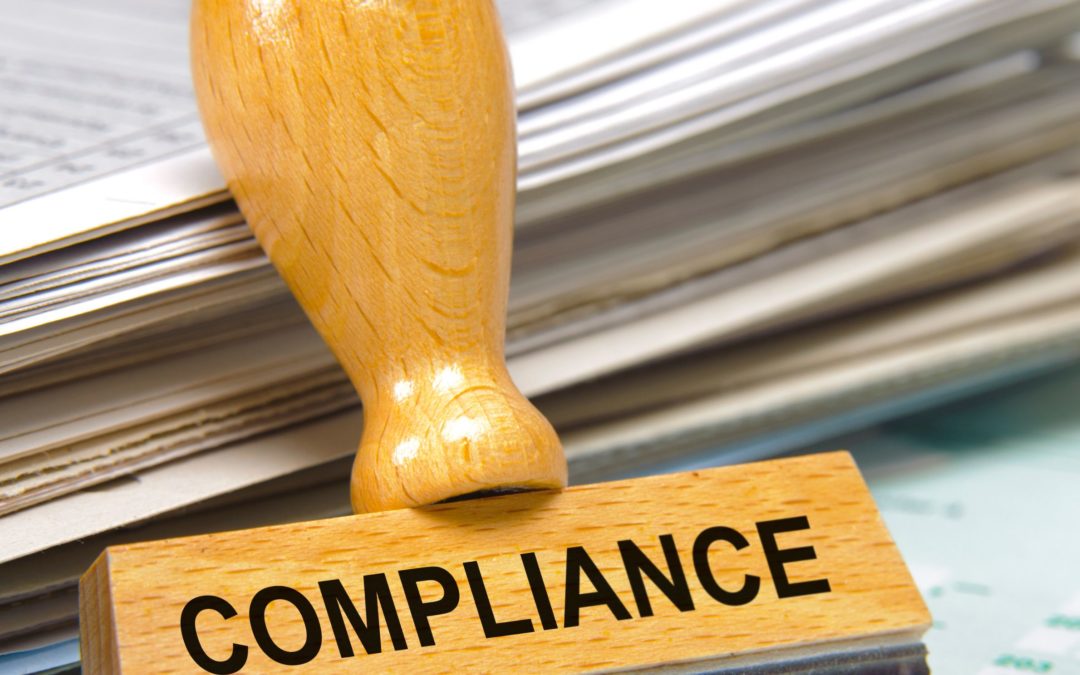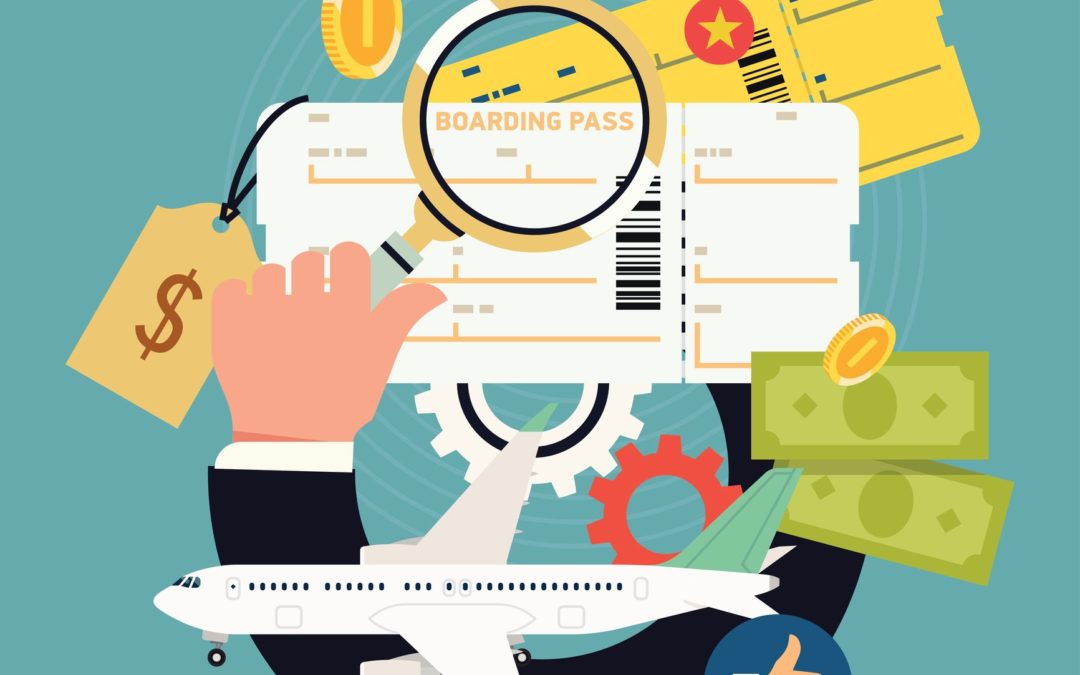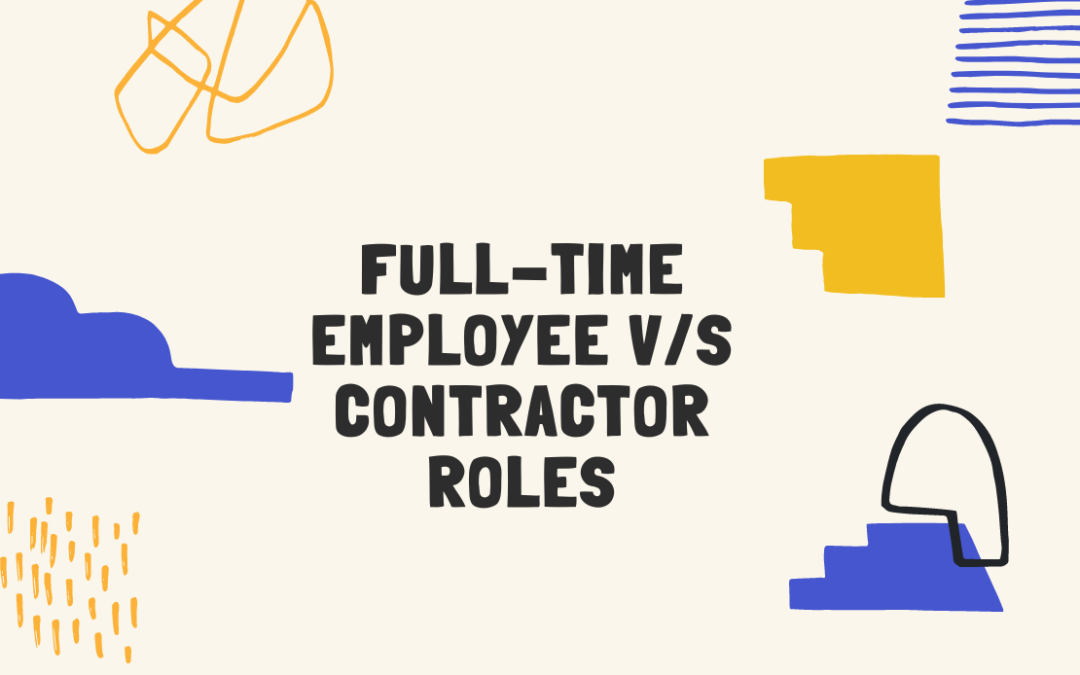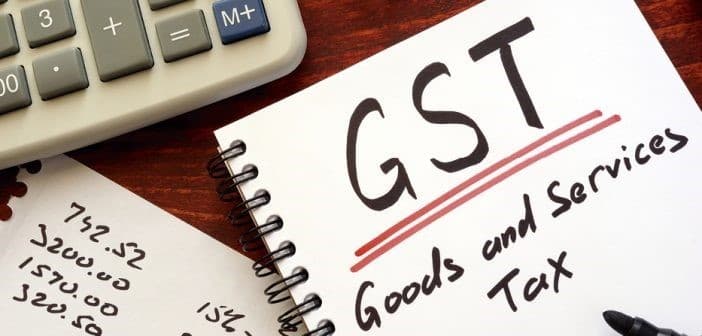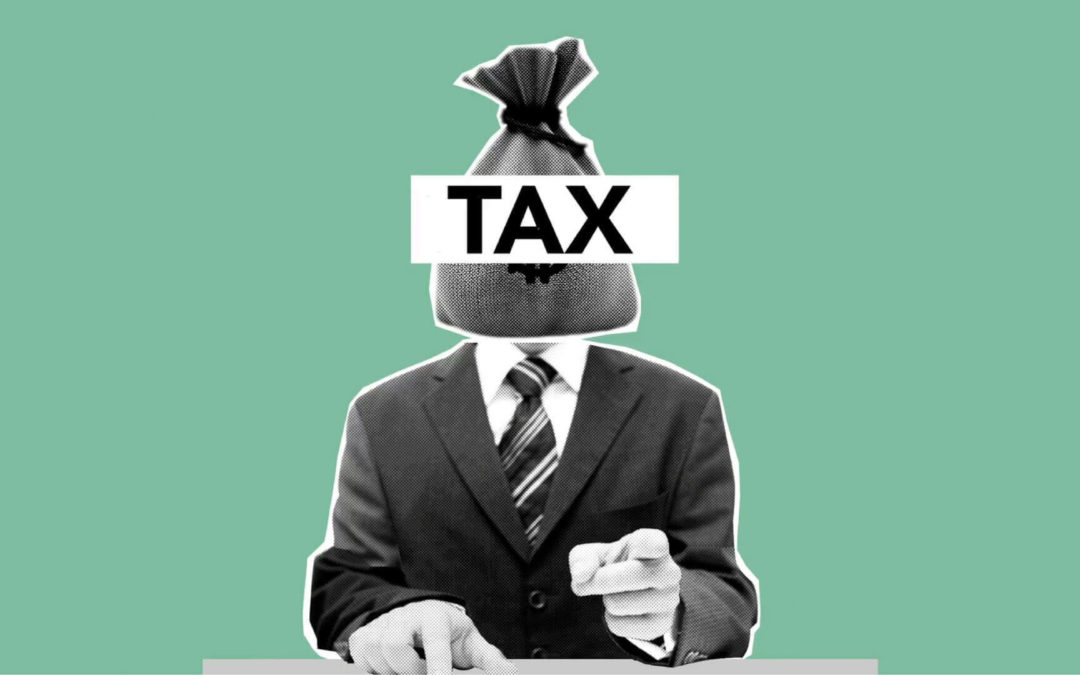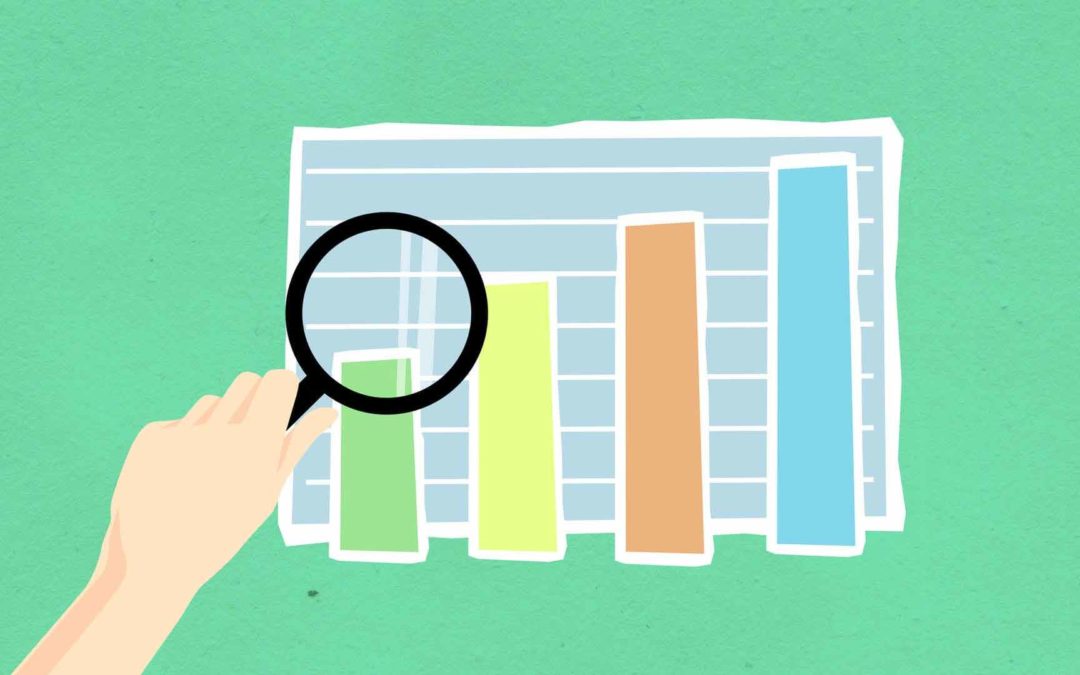In this edition, we provide an update for the 2026 tax year, with a particular focus on managing Small Business Cashflow Loan (SBCS loan) repayments and understanding the IRD’s proposed new rules for overdrawn shareholder loans. We also outline the upcoming KiwiSaver changes scheduled through to 2028 and recap significant employment law developments from 2025 that may affect your business. To help with your planning, we have summarised the key tax deadlines for February and March 2026, and we round out the update with a look back at our team’s 2025 Christmas celebrations. Link to full newsletter
Holiday Tax Tips – December 2025 Newsletter
This November newsletter offers timely Tax Tips for Holiday Spending, outlining the deductibility rules for Christmas parties, client functions, and staff or customer gifts to help businesses avoid unexpected tax costs. It also provides a comprehensive list of common December 2025 and January 2026 Tax Deadlines, covering GST, provisional tax, FBT, and employer deductions. For the festive season, the edition includes a recipe for a Pomegranate Prosecco Sparkler and some light-hearted accounting-themed Christmas jokes, alongside details for the firm's support of the Auckland City Mission Auckland Angels appeal.
Employee Share Scheme Updates – October 2025 Newsletter
This October edition highlights recent Government changes to Employee Share Scheme rules, including the increase in the tax-free benefit threshold to £3,000 and a proposed tax deferral regime for employees of unlisted companies until a liquidity event occurs. Additionally, we provide a summary of key October and November 2025 tax deadlines for businesses, covering employer deductions, FBT returns, GST payments, and provisional tax obligations, helping you to plan and avoid penalties.
Investment Boost Scheme – Fishhooks
This edition details the new Investment Boost Scheme and its tax deduction benefits, along with key August and September 2025 tax deadlines. It also provides an update on the IRD's tax residency guidance and other financial changes for July 2025, including KiwiSaver and FamilyBoost. Finally, discover the latest Xero product enhancements, upcoming price increases, and a client profile on Swolefoods.
Is your business operating at a loss?
Is your business operating at a loss? Key signs include struggling to pay bills, an overdrawn bank account, or sales not meeting budget.
Proposed Changes to FBT
Inland Revenue is currently working through changes to the FBT system. The stated intentions are to reduce complexity and better targets benefits received in substitution of remuneration. It is expected that the changes to FBT will be included in this year's tax legislation and take effect from 1st April, 2025. We will continue to monitor the situation and provide updates as necessary.
June & July 2025 Tax Deadlines
Remembering the filing and payment deadlines for your business can be challenging. And forgetting about upcoming tax payments can seriously disrupt your cash flow planning. We have summarised tax deadlines coming up in June and July for you to prevent you from missing any deadlines and facing a penalty. Make sure to plan for your tax obligations in your monthly cash flow forecasting. Reach out to your Walker Wayland Accountant if you need to review your forecast and look at options.
April & May 2025 Tax Deadlines
Remembering the filing and payment deadlines for your business can be challenging. And forgetting about upcoming tax payments can seriously disrupt your cash flow planning. We have summarised tax deadlines coming up in April and May for you to prevent you from missing any deadlines and facing a penalty.
2025 Year End Tax Alert
The 31st of March is the equivalent of New Year’s Eve for accountants. For most clients, 1st April signals the start of the New Year for business and tax purposes. When you are ready to assemble your information, we ask that you complete the questionnaire and declaration, which will be available on our website from 1 April 2025. This is an electronic questionnaire, which enables you to upload documents, save progress and complete over time. A questionnaire needs to be completed for each entity & person in your group.
January 2025 Newsletter
This newsletter offers a comprehensive overview of important tax deadlines for your business from February to April 2025, covering FBT, income tax, and GST. We also recap our successful end-of-year function and invite you to participate in a survey about your own year-end events. Additionally, we highlight the latest Xero updates, including the addition of fixed asset attachments and the introduction of Xero Analytics Plus for cash flow forecasting. Finally, we share valuable insights from Jena Addenbrooke and Forsyth Barr regarding the 2025 economic outlook and shine a spotlight on two of our valued clients.
Business Buzz: Holiday Prep & Key Updates
This newsletter covers essential reminders for businesses preparing for the holiday season, including adjusting operations, setting up out-of-office messages, and planning cash flow. It also highlights key tax deadlines, the importance of filing annual company returns, updates from Xero, and an interest rate cut by the RBNZ. Additionally, it introduces a consultancy specializing in digital display solutions.
IRD Temporary Shutdown
In this newsletter, we inform you of a temporary system shutdown by IRD for system updates over Labour Weekend 2024. From 5pm Friday, 25 October to 8am Tuesday, 29 October, myIR, phone services, and gateway services will be unavailable. We also advise early filing for returns due over the shutdown period, including the 28 October GST due date, which is automatically extended to 29 October. Payments for Working for Families and Child Support will remain unaffected.
September 2024 Newsletter
This newsletter highlights upcoming tax deadlines for October and November, including payroll and GST obligations. It also discusses changes in GST for Airbnb and other electronic marketplace rentals starting April 2024, and updates on Xero’s pricing and payroll enhancements. Additionally, it covers rules around foreign share taxation and announces a feature on insolvency firm Blacklock Rose.
May 2024 Newsletter
Our latest newsletter focuses on important tax deadlines for June and July 2024, tips for avoiding IRD-related scams, and efficient methods for storing business records electronically using Xero and Hubdoc. It also highlights alternative tax payment options through Tax Management New Zealand (TMNZ) to help manage provisional and terminal tax obligations. Stay informed and plan ahead to ensure smooth financial operations.
2024 Year End Tax Alert
The 31st of March is the equivalent of New Year’s Eve for accountants. For most clients, 1st April signals the start of the New Year for business and tax purposes. When you are ready to assemble your information, we ask that you complete the questionnaire and declaration, which will be available on our website from 1 April 2024. This is an electronic questionnaire, which enables you to upload documents, save progress and complete over time. A questionnaire needs to be completed for each entity & person in your group.
Tax deductibility on Christmas gifts for clients
Are you planning a Christmas event for your clients? Is gift-giving on your to-do list? Take a minute to refresh yourself on how much is deductible as a business-related expense. Presents Are you thinking of gifts for clients, business associates or team members? If gifts consist of food or drink, you can only claim 50% of the expense as a tax deduction. If gift baskets or hampers contain some food or drink and some other goodies, the food or drink items are 50% deductible, but other gift items are 100% deductible. Note that when you claim the tax deduction, you…
How does does GST adjustments for business or private use work?
There can sometimes be a blurred line between the personal use of business laptops, mobile devices and vehicles in your everyday life. This can make it confusing to allocate how much GST you can claim based on how much the asset is used. In this situation, you will apportion the amount of GST you claim based on the percentage the good or service is used in your business. This can be measured in different ways for different assets and services. If you are using a home office in your house, you can claim for the home office by comparing the…
What you need to know about applying to become an accredited migrant employer.
Interested in hiring migrant workers? Applications are now open to become an ‘accredited employer’, which allows you to employ migrants using a new Accredited Employer Work Visa (AEWV). This can create a solution for your business If you are an employer and you cannot find suitable New Zealanders for a role. The Accredited Employer Work Visa (AEWV) replaces six other work visas and should help streamline the process of employing people from outside New Zealand. It can also help those employees get on track for New Zealand residence. Once you are accredited, if nobody suitable can be found in New…
New changes to GST invoicing
New rules modernising GST invoicing and record-keeping requirements will apply from 1 April 2023. The key change is removing the requirement to issue and hold a “tax invoice” document (which meets certain prescribed requirements on details required), and instead having GST requirements met provided specific GST information is held through various business records, for example commercial invoices or agreements. Tax invoices will be replaced by taxable supply information (TSI). This is a set list of information that must be provided to any GST-registered customers within 28 days of the date of supply. Information over and above current tax invoice requirements…
Relief for farmers and growers for flooding in Tasman, Nelson, Marlborough and Far North.
With damage from the adverse weather events in Nelson, Marlborough, Far North and the Tasman having devastating effects, Cabinet have declared ranges of support for affected businesses, individuals and families affected by the floods. Find out if you qualify for any of the support granted due to the recent weather events below. To assist affected farmers and growers, we are exercising discretion to allow late deposits for the 2022 year and early withdrawals from the income equalisation scheme. What’s an income equalisation scheme? The income equalisation and environmental restoration schemes are a way for certain types of businesses to even…
Audit Shield FAQ
When Audit activity is being conducted by government revenue agencies, it can be costly and time consuming. Audit Shield provides for the payment of our professional fees otherwise payable by you when incurred as a result of our accounting firm being required to respond to audit activity of your lodged returns instigated by Inland Revenue. Below are some frequently asked questions regarding opting into an audit shield master policy and what will be covered. What is included under the Audit Shield Master Policy Professional fees which are directly related to the work your accountants are required to undertake as result…
Have you thought about income equalisation?
If you run a farming business, your income can experience some hard knocks with seasonal peaks and troughs, bad weather or other extreme events. Have you considered income equalization to help manage your tax and take some pressure off cash flow? To ease financial pressure, it might be worth considering the income equalisation scheme available for farmers, fishers, growers and foresters. In challenging times, it may help you manage your tax obligations as well as everything else. Income equalisation, including the environmental restoration scheme, can even out fluctuations in your income by spreading gross income from year to year. To find…
Can you claim depreciation on your buildings?
A major tax difference between commercial and residential buildings is that you can claim depreciation on commercial buildings. Depreciation for buildings was removed across the board in 2010, then reinstated – but only for commercial buildings – as part of a 2020 emergency pandemic support package. Residential landlords cannot claim depreciation, but there are some grey areas where it’s not immediately obvious whether a building is residential or not. Inland Revenue has recently released a fact sheet to help you find the right depreciation rate for your building. Does your property qualify as non-residential? Here are the criteria according to…
Keeping up with Fringe Benefit Tax
As an employer, if you provide fringe benefits to employees, or others associated with your business, you must generally pay fringe benefit tax (FBT) on the value of these benefits. So, when are you liable for FBT? Any time you provide non-cash benefits to your staff. The list is potentially endless but in practice, most non-cash benefits fall into one of these categories: motor vehicles subsidised transport staff vouchers/gifts offsite carparks insurance premiums Of these, most FBT revolves around company vehicles, so let’s look at what Inland Revenue expect from you if you provide vehicles for any of your staff:…
Upcoming tax deadlines in August
Remembering the filing and payment deadlines for your business can be challenging. And forgetting about tax payments coming up can seriously disrupt your cash flow planning. We have summarised tax deadlines coming up in August for you to prevent you from missing any deadlines and facing a penalty. Tax Dates for August 2022 Note: the provisional tax due dates apply to those clients who have a March balance date. Different dates will apply for those clients who have different balance dates. Make sure to plan for your tax obligations in your monthly cash flow forecasting. Reach out to your Walker…
Inland Revenue Increases debt collection activity.
Inland Revenue was taking a much more relaxed approach to outstanding tax debt during 2020 and 2021 – but now it’s ready to crack down. Since the start of July, it has stepped up its efforts to pursue outstanding amounts from local businesses. Inland Revenue spokesperson on outstanding tax debt, Richard Philp, confirmed the department was increasing its debt collection activities. “Until recently, IR has been more focused on supporting businesses that have been affected by Covid and qualified for various Government Covid support payments.” PAYE and KiwiSaver payments will be the first priority The amount of outstanding PAYE and…
Staying on top of Business Cash flow with rising construction costs
The cost of building activity has been on the rise, with the price for the construction of new dwellings increasing by 18% in the March 2022 quarter (compared to the March 2021 quarter) according to the Stats NZ Consumer Price Index. The higher demand for building activity in hand with supply-chain delays and higher labour costs are creating greater liabilities for business cash flow to cover. Construction and Contracting companies need to accommodate the increasing costs to maintain a positive cash flow for their business. This may require a review of the current cash flow management systems in place. Cash…
Overseas Investments – What Are Your Tax Obligations?
If you have made overseas investments recently, have you given any thought to what this means when it comes to paying tax? In late June the IRD released its offshore tax transparency package to clarify the tax compliance for overseas investments. In short- New Zealand tax residents are required to pay taxes on their worldwide income, regardless of whether taxes are paid overseas and whether the income has been brought back to New Zealand. Inland Revenue spokesperson John Nash said “New Zealanders have become increasingly involved in overseas investment. They’re taxed on their worldwide income including things like rental income…
Keeping your data safe as a Remote Worker
Using public WiFi in cafes, hotels and coffee shops is something we all do. It’s convenient and gives you the benefits of working online wherever you happen to be. But are you aware of the data security issues of working from a public network? In an age where remote and hybrid working are now the norm for so many employees and self-employed people, it’s important to know the key ways to keep your data safe. Secure ways to work from a public network Remote working is a flexible approach to work that’s increased in popularity hugely over the past few…
Tax and overseas business travel
The borders opening up provides the opportunity to venture overseas for business and work-related conferences. However, it can be hard to keep track of what daily expenses you can claim when you\'re traveling for work or taking a holiday as part of the same trip. Below we have created a summary of what you can claim for the parts of an overseas trip that are work-related and guidelines for eligibility. Travel costs In general, when you are away from home on business related travel, you can claim for costs including: flights taxis, or mileage if you use your own…
2022 Annual Questionnaires
Annual Questionnaires With the start of the new financial year, for most of you, comes the need to complete our annual questionnaires. When you gather your information for us, we ask that you complete a questionnaire for each entity & person in your group. You can download the relevant questionnaires below. 2022 Trust Questionnaire 2022 Personal Questionnaire 2022 Non-Resident Personal Information Questionnaire 2022 Business Questionnaire 2022 Rental Questionnaire We thank you for taking the time to complete this. Please don’t hesitate to contact your accountant at Walker Wayland if you have any questions.
Fringe Benefit Tax explained
Do you treat your employees to benefits including; cars available for private and free use, subsidized or discounted goods or services? If these benefits are enjoyed as part of their employment, you, as an employer, are liable for Fringe Benefit Tax (FBT). Employers pay tax on benefits provided to employees or shareholder-employees, even if the benefits are provided through another person/entities. Employers also pay FBT if the benefits are provided to or enjoyed by associates of the employees or shareholder employees. Examples of Fringe Benefit Taxes Exemptions to Fringe Benefit Tax For questions about filing you FBT and if you…
Budgeting as an SME
Small business budgets are empowering. They give you the knowledge and insight to eliminate wasteful spending and get to profitability faster. When setting a business budget, you need good numbers. Don’t guess at what’s coming in and what’s going out. You could be making assumptions that just aren’t true. Take the time to look into your accounts and dig out the real figures. It might sound like hard work but it’s worth it. The numbers that matter when setting a budget So what are the key figures to consider when setting a budget? Rather than looking over large sets of…
Available financial support for families
With the cost of living rising, we understand that it can sometimes be a stretch to provide for your family. Did you know that there are payments that may be available to you, to help with the costs of raising your kids and whānau. This includes support for newborns and caregivers of children who have come into your care. Below is an overview of the support that may be available for you and your whānau including; Working for Families Child support Working for families payment Working for Families Tax Credits are payments for families with dependent children aged 18 and under. You…
So, What is the Use of Money Interest (UOMI) System?
As a taxpayer, if you don’t pay your tax, pay late or underpay, you are subject to use of money interest. So what does this mean? When do you have to pay use of money interest to Inland Revenue? Taxpayers that must pay use of money interest are those who: have under-estimated their provisional tax have earned income which has either not been taxed, or has not had enough tax deducted from it, and the end of year residual tax works out at $60,000 or more pay their taxes late. COVID-19 Inland Revenue has discretion to write-off penalties and interest…
New reporting requirements for New Zealand Trusts.
New reporting requirements for domestic trusts. New Zealand Trusts that are active and meet specific criteria are now required to provide information about income, wealth and assets. Trusts have always have historically offered a high level of privacy and had leniency with compliance. However, these new reporting requirements for domestic trusts will affect approximately 180,000 New Zealand Trusts that report assessable income each year and may fall within the latest compliance update. There are exceptions to these requirements for the following trusts: Foreign Trusts Charitable Trusts Trusts that are eligible to be Maori Authorities; widely-held superannuation funds. Exempt employee share…
Keeping on top of your cashflow as a Small Business owner.
There are so many priorities in the working day, it can be hard to stay focused on what’s happening with your business cash flow. We all know the basics: if your business runs out of cash it won’t be able to operate. And if you aren’t able to spot trends and possible bottlenecks ahead, it can compromise your long-term investment and development plans. It undermines your ability to earn returns on any cash surpluses and trim costs to avoid cash shortages. How often you forecast cash flow depends on the soundness of your business. If your business is struggling, you…
Tax credits for donations- what can you claim?
Have you recently donated to a charity? If you have already donated or are planning to, you can claim 33.33 cents for every dollar you donated to approved charities and organisations. Learn how you can support your charities of choice whilst claiming tax credits on every dollar. What you can claim You can claim tax credits for donations of $5 or more when the donation: was to an approved charity or organisation did not provide any direct benefit to you or your family was not given, bequeathed, done or appointed by will or made by way of a full or…
Cost of Living Payment- What you need to know
The Cost of Living Payment is a payment to help with the rising costs of inflation for eligible individuals. We will explain who can get the payment, based on the criteria set by the Government. What is the Cost of Living Payment? As part of Budget 2022, the Government announced the introduction of a Cost of Living Payment of $350 to help with the rising costs of inflation for eligible individuals. How do I meet eligibility for the Cost of Living Payment? Inland Revenue will check who is eligible for the Cost of Living Payment before each monthly payment is made.…
Repaying the Small Business Cashflow Scheme (SBCS).
For those who took out the Small Business Cashflow Scheme (SBCS) loan when it first became available in May 2020, the 2-year interest-free period and subsequent repayment period is fast approaching.
The new Business Growth Fund – Could You Benefit?
The Government is investing $100 million into a new Business Growth Fund, it announced in the latest Budget. This funding is designed to help small- to medium-sized businesses (SMEs) get the investment they need to grow, while allowing owners to keep control. Why has this fund been launched? It’s always been hard for SMEs to get business loans, which can hold them back from growing into larger operations. If you have ever tried to get a loan for a small business, you’ll know the banks can be reluctant - they’ll often ask for the loan to be secured against your home.…
What does the 2022 Wellbeing Budget Mean For You?
With the cost of living soaring, interest rates rising and house prices falling, Budget 2022 aimed to deliver a little something to help the average household. In Budget 2022, the Government is investing an average of $5.9 billion per year in new operating spending, with further initiatives funded from Budget 2023 and 2024 allowances as a result of new multi-year funding approaches. So what\'s in it for you? 1. Support for rising household prices You get to enjoy at least some of the benefits of the latest Wellbeing Budget, particularly the extended fuel excise and road user charge reductions. Those…
Contractors and tax – your choice
Certain types of payments received by contractors are known as ‘schedular payments’. The schedular payments regime determines the rate of tax taken out of contractors’ pay. The tax on schedular payments is known as withholding tax. If you’re a contractor, you may be able to choose your own tax rate. Contractors in some industries can choose their own withholding tax rate (within limits). If the paperwork is all in order, the payer will withhold tax at the rate the contractor chooses. Complete a Tax Rate Notification for contractors (IR330C) form to choose your tax rate. The minimum rate you can choose is…
Disclosure requirements for foreign trusts
If you are a New Zealand resident and trustee of a foreign trust (also known as a ‘resident foreign trustee’) you must register the foreign trust with Inland Revenue and disclose certain detailed information. Foreign trusts also have annual filing obligations. An annual return must be filed with Inland Revenue within six months of balance date. The annual return also requires the disclosure of detailed information about the trust. Below is a thorough checklist to act as a guide to ensure the correct administration of foreign trusts. DOWNLOAD THE GUIDE What happens if my foreign trust doesn\'t meet the annual disclosure obligations? If a New…
What gains are you paying tax on?
Should New Zealand have a capital gains tax – or does it effectively have one already? Walker Wayland can look at what gains you’ll pay tax on, and what gains are tax-free. New Zealand doesn\'t have a single, comprehensive capital gains tax, and although the Tax Working Group recommended one, the Prime Minister ruled it out in 2019. However, we do tax some types of capital gains, particularly those from the sale of investment properties. The bright line test is a tax on capital gains that applies only to property. Which capital gains are taxed? Capital gain is the profit…
Business tips: Budgeting and managing cashflow
If you want to stabilise your finances and grow the business, working to strict budgets becomes a necessity. Managing the cashflow twists and turns of a project can be hard work. But it’s easier to do when you have an agreed budget and can track your spending and performance. So, what’s the best way to stay in control of the budgets you’ve set? And how can you manage your cashflow position to make sure there’s always enough cash to fund the project? Understand the costs of each project To keep on top of costs, overheads, staff expenses and general spending,…
Overseas income and tax checklist
If you have income from overseas sources, it can be hard to work out your tax position. Here are five points to consider #1 Declare rental income from overseas properties. You can claim deductions for rental-related expenses, and you may also be able to claim a credit for tax paid in the other country on that income. It can be complex if you hold loans and mortgages overseas. Call us if this applies to you. #2 Do you receive income from an overseas trust? The New Zealand tax treatment depends on where the settlor of the trust lives. As a…
Which New Tax Changes Will Affect You And Your Business?
There are more than 100 tax changes that took effect this financial year, and some of them may be relevant to you. Here’s a brief summary of what’s happening: Matariki is now a public holiday for tax purposes. GST is being tweaked for: groups; importers and exporters; cryptoassets; and record keeping. Late tax penalties are able to be waived; use of money interest relief can now be extended for anyone who can’t pay tax on time due to adverse effects from Covid-19 restrictions. Provisional tax can be paid later for safe harbour customers. Some rates are changing, including the minimum…
4 Tips To Start The New Financial Year Right
The start of a new financial year is a great time to reset your finances and put systems in place to help you keep on top of your income, expenses and tax obligations for the coming financial year. Ready to get organised? Here are 4 tips to give yourself a head start in the new financial year! 1. Start your tax planning It is best to start your tax planning early in the financial year. That’s because you have enough time to calculate how much you need to invest to save the maximum tax possible and evaluate all options available…
Wishing you a safe and relaxing Christmas!
We wish you a safe and relaxing Christmas, and an abundant New Year! We’re closing our doors on 22 December 2021 and will reopen in the New Year on 12 January 2022. Thank you for working with us this year — we appreciate you! Below are the key compliance dates coming up. If you have questions or need help with any of the following, we are here to help. Key Tax Dates – DECEMBER 2021 And don’t forget about GST, PAYE and provisional tax falling due from 17 January in the new year! Anything keeping you up at night? If you’re facing…
The Tax Changes For Residential Rental Properties Outlined.
From 1 October this year the Government has limited the ability to deduct interest on residential rental properties to make them a less attractive investment option and thus level the playing field for first home buyers. As of 1 October 2021, residential rental property tax deductibility was reduced to 75%, meaning you are only eligible to claim 75% of your interest payments as a business expense. This 75% tax deductibility rate will remain in place until 31 March 2023. For the following financial year ended 31 March 2024, you will only be eligible to claim 50% of your interest payments…
5 Ways of Improving Cash Flow In Your Small Business
1. Create a cash flow forecast This is an estimate of the amount of money you expect to flow in and out of your business typically over a financial year period. A budget will provide a better understanding of where surpluses and shortages might arise and assists with making decisions such as planning new purchases or the timing of new borrowing facilities It’s important, particularly for growing businesses, to forecast their profitability and future cash flow position at the same time – click here for access to my cash flow calculator, which can be used for just this purpose should you…
Travel Allowances and Tax
Travel Allowances A tax-free travel allowance must be for travel costs on top of the usual cost of travel between home and work and it must be work-related.For instance, the employee may incur travel costs on top of their normal travel between home and work, if the employee: is working outside the normal hours of work, as in overtime, shift, or weekend work For example: A commercial cleaner travels by bus to start work at 8pm and finishes at midnight, when there is no bus available to travel home. The employee travels home by taxi. needs to carry work-related tools…
Managing Tax Debt
If you run into debt with your tax, you have options, but it is important to do something. Interest charges and penalties accrue from the date the payment is due until full payment is made. If you contact Inland Revenue early and they know you are taking steps to address the debt, they may put a hold on future penalties for late payment which may also be charged. Whereas if you do nothing, interest and penalties can multiply your original tax bill. It is actually possible to double or triple your tax bill, just by hoping it would go away…
Employee versus Independent Contractor
It\'s important to distinguish between employees and contractors as they are paid — and taxed — differently. Inland Revenue takes a dim view of employers who ignore their PAYE obligations by treating their employees as contractors. They are also on the lookout for people who take a false tax position by calling themselves contractors when they’re really employees. Factors to be considered in deciding the real status of an employee include: ▪ The intention of the parties. Is there a written contract, for example? ▪ The control test - does the employer direct the work to be done? ▪ The…
Why is business planning important?
Planning in business is essential to success. Your business plan grows with your business as you continue to lift your goals, analysing your successes and shortfalls. But honestly? Most people would rather stick pins in their eyes than write a business plan. In their minds it’s a big, long formal document that has nothing to do with what they’re really passionate about in their business, though they know they need one when they go to see their bank manager about a loan. We understand that. But it’s true what they say: ‘Failing to plan is planning to fail’, attributed to…
Business Health Check
Business Health Check Do you understand which areas of your business you should dedicate your energy to? We can work with you to provide insight into areas of your business that need attention so you can accelerate your business growth and target areas that need more time devoted to them. This quick survey will help you to identify the areas where your business excels and also the areas that need more attention. Once you have completed our Business Health Check we can assist you with strategies to leverage your strengths and reduce the impact of your weaknesses. Start your business…
Trusts Act 2019
The Trusts Act 2019 came into force on 30 January 2021 – your Trust must now be compliant with the new Act. The aim is to make the law more accessible and easier to understand. Most of the changes relate to Trustee obligations and strengthening the ability of beneficiaries to hold Trustees to account. If you have a Family Trust, or are involved in a Trust in some way, you must make yourself familiar with the provisions of the Act and ensure your Trust is compliant. The main provisions of the Act provide clarity about: Trustee Duties: The Act provides for…
Your business and GST
How does GST work in my business? In the normal course of your business, you charge GST in your sales and income and claim it back on your purchases and expenses. You then calculate the difference in your GST return to work out if you owe GST to Inland Revenue or if Inland Revenue owes a GST refund to you. Once you’ve registered for GST, you will need to file GST returns periodically throughout the year. Registering for GST If your annual turnover is less than $60,000, you may choose not to register for GST or to register voluntarily. You…
What Do I Need To Know About PAYE For My Business?
Is it only PAYE that’s deducted when I do the wages? PAYE includes income tax and ACC earners’ levy. Depending on each employee’s situation, you may also deduct child support and/or student loan repayments. Occasionally Inland Revenue may notify you of additional deductions they require you to make. If the employee is in KiwiSaver, you will need to deduct their KiwiSaver contributions at the proper rate. You must also contribute a minimum of 3% of your employee’s gross salary or wages to their KiwiSaver fund. You are liable for ESCT (employer’s superannuation contribution tax) for all employer contributions paid to…
Client gift expenses and tax deductibility
If you provide a gift to a client, depending on the type of gift, you may be able to claim a tax deduction. It may be completely deductible or only 50% deductible.If the gift is in the nature of ‘entertainment’, such as food and wine, it will be 50% deductible. If gifts consist of food or drink, you can only claim 50% of the expense as a tax deduction. If gift baskets or hampers contain food or drink as well as other treats, the food or drink items are 50% deductible, but the other gift items are 100% deductible. Keep…
Bright-Line Test & Interest Deduction Changes in Residential Rentals
Tax Changes Without any real warning the Government has targeted residential property investors with significant tax changes in an attempt to cool the housing market growth. In bullet point we set out the changes to the bright-line test and interest deductions on residential rental property. We will follow up when more detail is available. Brightline Test Interest deductions Please contact us should you wish to discuss any of the above in more detail.
Government Releases Details On Housing Tax Changes
On 10 June, the Government released a 143-page discussion document providing further insight on how it will be limiting the deductibility of interest on residential investment property. The Government confirmed that interest deductions will generally no longer be available on residential investment properties, with properties purchased before 27 March 2021 being subject to a four-year phasing out period between 1 October 2021 and 31 March 2025. In general, the proposals will apply to interest on debt used to purchase or operate residential property, which is primarily residential property rented to tenants. There are a number of proposed exclusions; land outside New Zealand…
Budget 2021 – Budget at a glance
The government has announced the Well-being Budget 2021, focusing on ‘securing our recovery’ with heavy investment in health, welfare, and infrastructure but for most business owners there were no substantial new initiatives to help continue their recovery in a COVID-19 world. Welfare Budget 2021 brings an increase to the weekly main benefit of between $32 and $55 per adult by 1 April 2022, to bring these in line with a key recommendation of the Welfare Expert Advisory Group. Alongside this, the government will provide an additional boost of $25 per week to students and $15 per adult per week to…








